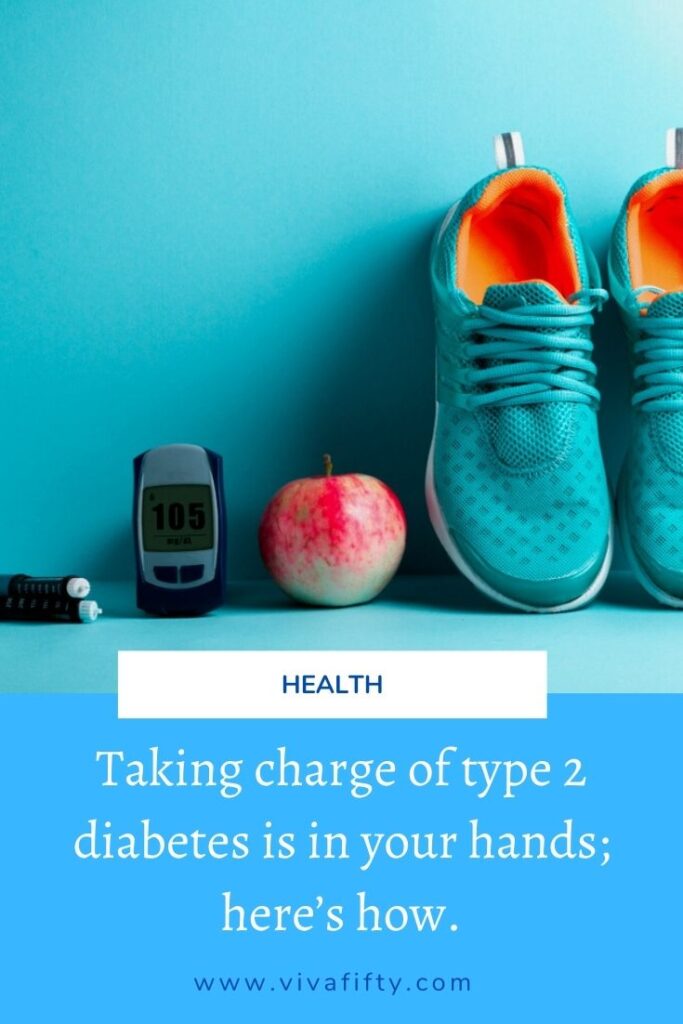I was compensated by Med-IQ through an educational grant from Sanofi to write about the realities of diabetes as a chronic disease. All opinions are my own.
Back in August we discussed how you can be your best advocate when it comes to the treatment of type 2 diabetes.

My great-uncle died of a massive heart attack at the age of 72 due to unmanaged diabetes type 2. I have a family history of this illness, so it matters to me.
This is why I partnered with Med-IQ, an accredited medical education company that provides educational experiences for physicians, nurses, pharmacists, and other healthcare professionals. I would love more people to know what their options are when it comes to treatment.
Med-IQ also conducts surveys. A recent survey shows that many diabetes patients want to know why they need to bother with treatments. They want to know the benefits and potential side effects.

Why bother with treatments for diabetes type 2?
At least 8 parts of the body can cause blood glucose to rise in different ways, including the pancreas, gut, fat cells, kidneys, muscles, brain, nerves, and liver.
Keeping blood glucose at target levels can help people with diabetes live long and healthy lives.
Because so many organs play a role in type 2 diabetes, many types of health problems can arise if blood glucose levels are above target levels for a long time. For example, high blood glucose levels can injure the heart, kidneys, nerves, eyes, and feet.
People with type 2 diabetes can manage their blood glucose levels with healthy lifestyle changes and medicines.
Lifestyle changes include self-management education and support, medical nutrition therapy, regular exercise, counseling programs to help people who use tobacco products stop smoking, and psychosocial support.

What are fixed-ratio combination injectable therapy?
Fixed-ratio combination injectable therapy includes 2 different treatments for diabetes: insulin and glucagon-like peptide-1 (GLP-1) receptor agonist. These 2 types of medicine work together to lower glucose levels in your blood:
- Insulin allows glucose to leave your blood and enter your cells (especially between meals and overnight).
- GLP-1 receptor agonists help lower blood glucose levels after a meal; they also slow the movement of food from your stomach (gastric emptying) and can help prevent weight gain.

Why should you consider a fixed-ratio combination injectable therapy?
- When your blood glucose levels are not well managed with your current medicines.
- When you are already taking both medicines separately, you may find it easier to do just one.
- When you experience intolerable side-effects of current treatment.
What are possible side effects?
Your healthcare provider or diabetes care and education specialist will discuss possible side effects with you.
- Some people with other medical conditions in addition to type 2 diabetes may not be able to take treatments with GLP-1 receptor agonists. Make sure to tell your healthcare provider or diabetes care and education specialist about all other medical conditions and any medicines that you take.

Take this survey that includes additional information on type 2 diabetes management and enter to win 1 of 10 $100 VISA gift cards.
Med-IQ is conducting an anonymous survey and would appreciate your input. The survey, which includes additional education on this topic, will take less than 15 minutes to complete. Survey responses are shared only in aggregate.
Your responses to these survey questions will provide Med-IQ with important information about your experiences with diabetes and your care team, which will help us develop future educational initiatives.
Once you’ve completed the survey, you will have the option of providing your email address to be entered into a drawing administered by SOMA Strategies to win 1 of 10 $100 VISA gift cards.
If you choose to enter, your email address will be used only to randomly draw the winners and notify them of their prize and to send a follow-up survey as part of this same initiative.
Disclaimer: Links to external sites are provided as a convenience and for informational purposes only. They are not intended and should not be construed as legal or medical advice, nor are they endorsements of any organization. Med-IQ bears no responsibility for the accuracy, legality, or content of any external site. Contact the external site for answers to questions regarding its content.
Click here to take the brief anonymous survey.






Leave a Reply